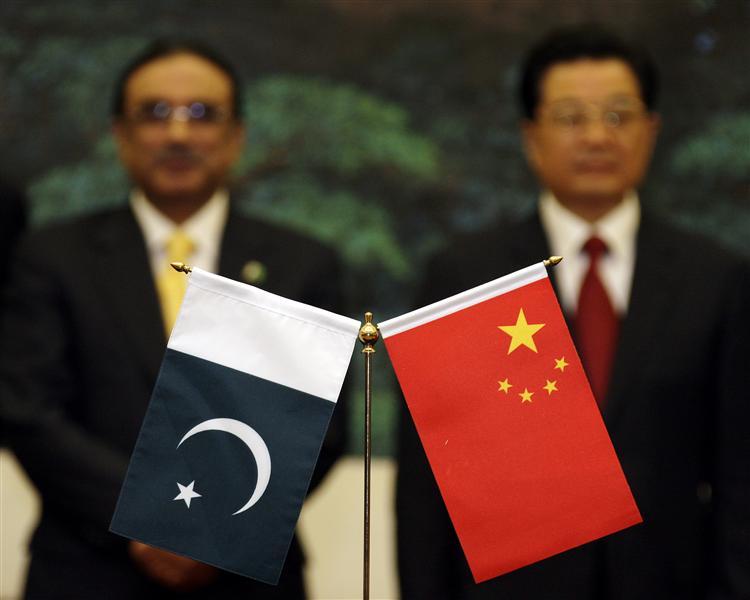Rejecting References To Jammu and Kashmir in China statement Is Not Enough India Should Arrange State Visit Of Taiwan President

China on Tuesday has once again opened its big mouth stating “close attention” to the situation in Jammu & Kashmir and that it opposes any unilateral actions in the region, prompting New Delhi to say that it expects Beijing not to comment on India’s internal affairs.
The reference to Kashmir was included in a joint statement issued at the end of Pakistan President Arif Alvi’s maiden visit to China amid the coronavirus pandemic. The two sides also spoke about making the China-Pakistan Economic Corridor (CPEC) a “high-quality demonstration project” of China’s Belt and Road Initiative.
“The Chinese side underscored that it was paying close attention to the current situation and reiterated that the Kashmir issue was a dispute left from history, and should be properly and peacefully resolved based on the UN Security Council resolutions and bilateral agreements,” the joint statement added.
It added that China “opposes any unilateral actions that complicate the situation” in Kashmir. The statement further said both sides had exchanged views on the situation in Kashmir, and the Pakistan side had briefed the Chinese side on the “latest developments, including its concerns, position, and current urgent issues”.
Alvi met President Xi Jinping, Premier Li Keqiang and the chairperson of China’s parliament, Li Zhanshu. Alvi’s visit is being as seen Pakistan’s show of solidarity with China at a time when it is grappling with the worst public health crisis since the country’s formation under Communist rule in 1949.
During the meetings, China acknowledged Pakistan’s efforts to fight terrorism and combat terror financing. Beijing also expressed its solidarity with Islamabad in “safeguarding its territorial sovereignty, independence, and security”, and both sides reaffirmed their support on issues concerning each other’s core national interests.
Xi personally thanked Alvi for visiting China at a critical time and expressed gratitude for Pakistan’s gesture of support and solidarity. Pakistan continued its support to China in Xinjiang, where Beijing has been accused of serious human rights violations against Muslim minorities.
Pakistan and China also said the new phase of development of CPEC will promote industrialisation and socio-economic development. “Both sides hoped that the 10th Joint Cooperation Committee (JCC) meeting of CPEC, to be held soon, will further contribute to making CPEC a High-Quality Demonstration Project of BRI,” the statement said.
In a terse response soon after, external affairs ministry spokesperson Raveesh Kumar said India rejects the reference to Jammu & Kashmir in the joint statement. “The Union Territory of Jammu and Kashmir is an integral part of India. Issues related to J&K are [an] internal matter of India,” he said.
“We expect other countries, including China, not to comment on matters that are internal affairs of India and also to respect India’s sovereignty and territorial integrity just as India refrains from commenting on internal issues of other countries,” he said.
India also strongly objected to and reiterated its concerns to China and Pakistan on projects in the “so-called illegal ‘China Pakistan Economic Corridor’, which is in the territory of India that has been illegally occupied by Pakistan since 1947,” Kumar said.
“India is resolutely opposed to any actions by other countries to change the status quo in Pakistan-occupied J&K. We call on parties concerned to cease such actions. Such illegal activities will never be accepted by India,” he said.
India has consistently opposed CPEC because a key part of it passes through Pakistan-occupied Kashmir.
The reference to Kashmir in the joint statement was in line with China’s strong opposition to India’s decision to revoke Jammu & Kashmir’s special status last August. New Delhi had dismissed Beijing’s criticism, saying this was an internal matter that did not impact international boundaries.
However now India should up the ante. We need to invite the President of Taiwan for a state visit to India, then we see the tantrums thrown by the Government of China.




